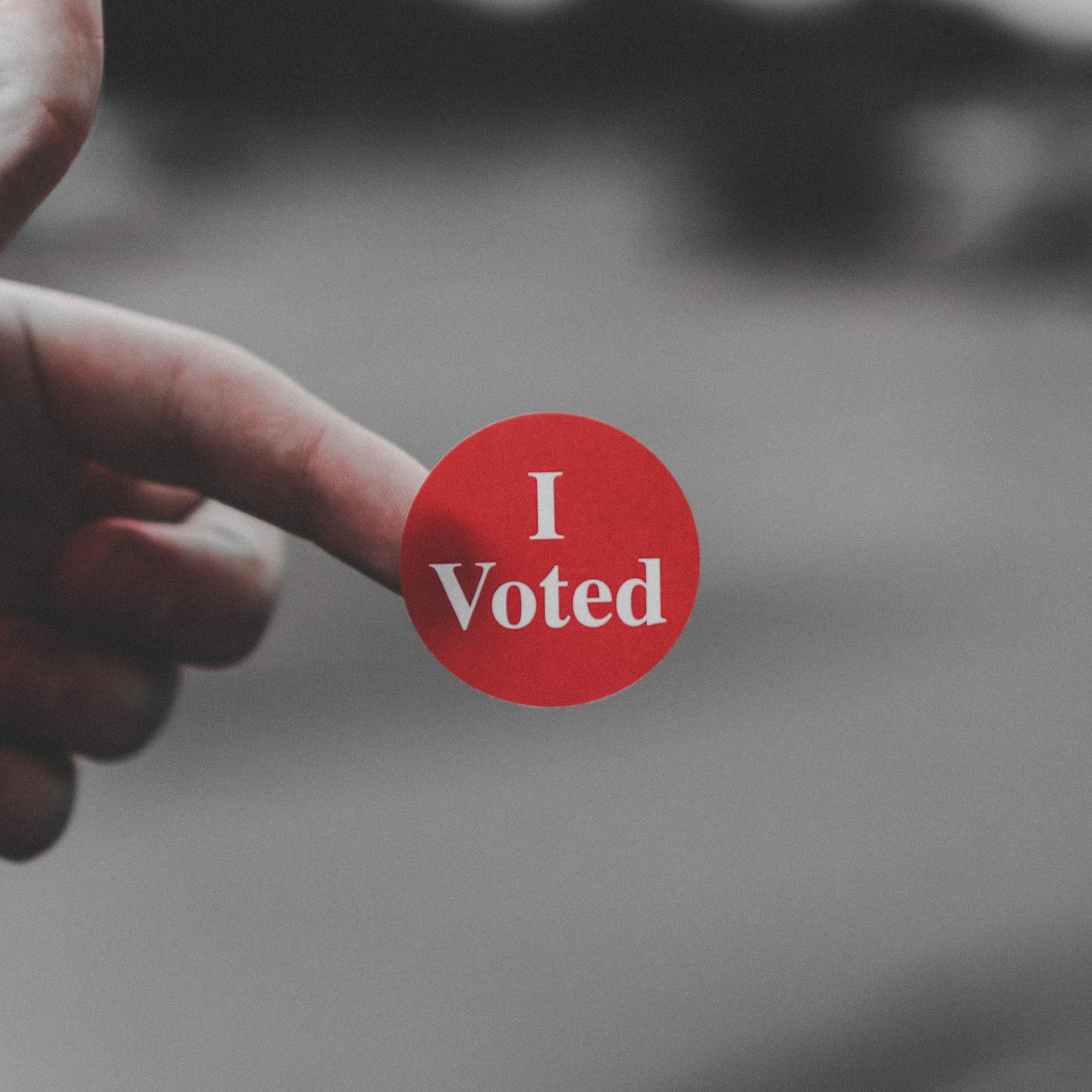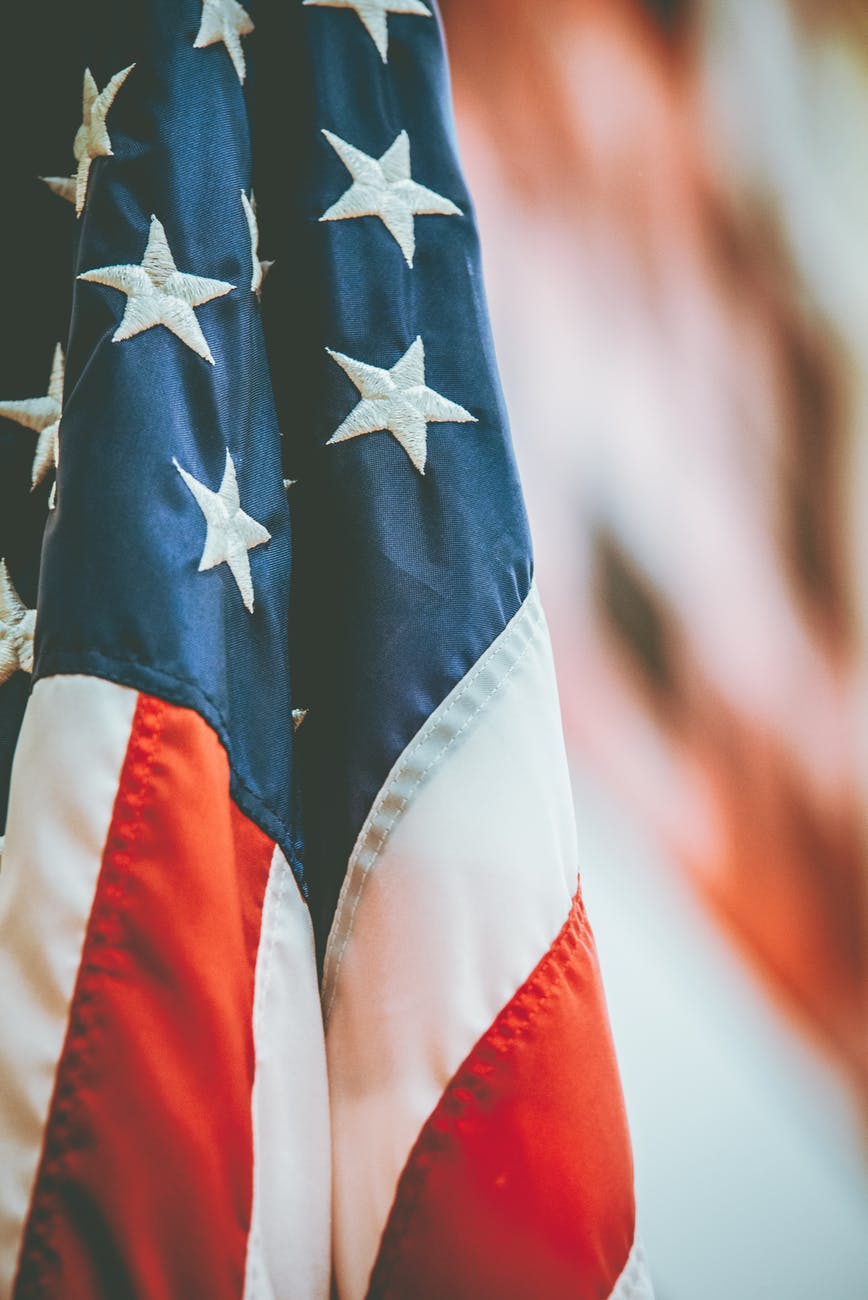A Look at Current Events: Anthropology and Democracy
While watching coverage of the Hong Kong protests on Tuesday, I heard a U.S. American correspondent say something like “Americans hearts do, and should, go out the Hong Kong protesters.”
I’ve watched quite a bit of coverage on the protests, and I eventually lost track of the exact video clip that I heard this statement from. Nonetheless, the quote has been stuck in my thoughts.
In the U.S., many citizens take pride in our country’s democracy and all that it stands for. But what about the rest of the world? This led me to the questions “how universal is democracy?” and “what can anthropology tell us about democracy throughout the world?”
I’ll explore the answers to these questions in this blog post.
Note: I will not be directly discussing the Hong Kong protests (the background, the issues) in this post, so if you wish to learn more about the topic, I suggest checking out the videos above or articles such as this one from the NY Times, this one from Vox, or this periodically updated site from Channel News Asia.
What is Democracy?
Before we discuss the term “democracy,” it is important to clearly define it (we know anthropologists love to operationalize). Like with many of my other blog posts, I will start with a simple look at the dictionary. Merriam Webster defines democracy as “a government by the people” or “government in which the supreme power is vested in the people and exercised by them directly or indirectly through a system of representation usually involving periodically held free elections.”

Other concepts associated with democracy include liberty, equality, and justice. In an ideal version of a democratic society, people feel their voices are adequately heard by their representative government, and that their personal freedoms are protected in their everyday lives. Whether or not an ideal and perfect democracy has ever existed is subject to debate.
In addition to defining democracy for this discussion, it is also important to touch on the types of government that are generally viewed as the opposite of democratic, for example, monarchies, dictatorships, and oligarchies. Many pro-democracy movements are centered around a fight against authoritarian governments, in which the power of state controls much of citizens’ lives and limits their freedoms.
Anthropology and Democracy
Political Economy
A political economy approach to the study of democracy examines the power structures that exist in a democratic government, as well as traditional or cultural systems of power that may affect a government’s function.
Just as culture is fluid, government structures can change greatly while still existing under the large umbrella of “democracy.” Governments change due to shifts in culture, social expectations, values, and events. In the U.S., you can track changes in social values overtime by examining amendments to the constitution and changes to federal, state, and local laws. Of course, a change in government does not necessarily indicate that all citizens are in favor of the change. But in general, changes in government are a sign of transitioning beliefs and power structures due to current events.
Anthropological Studies on Democracy
A quick search on AnthroSource, the American Anthropological Association’s database of scholarly articles, reveals dozens of anthropological studies related to democracy just in the past few years.
A paper by Tim Longman, published in June of 2019, examines the connection between religion, democracy, and human rights in four African countries.
An article by Amber R. Reed from 2107 explores the ways in which memory, nostalgia, and distrust of democratic processes can shift the political climate in countries such as South Africa and the U.S.
Another article, published by Brandon Hunter-Pazzara in 2018, discusses the role of memes in Mexican politics.
As you can see, the applications of anthropology to democracy are extremely diverse. There are many ways that the theories and methods of anthropology can be applied to studying the democratic process and peoples’ experiences within that process. My graduate thesis research also touched on the significance of democracy in the lives of immigrants applying for citizenship in the U.S.
Universality of Democracy
This article by Amartya Kumar Sen argues that democracy is a “universal value”—specifically, Sen states that although not everyone around the world agrees with democracy, it is a universal value because “people anywhere may have a reason to see it as valuable.”

In this same article, Sen also addresses the common sentiment that Asian cultures “value discipline, not political freedom,” and therefore Asian countries are naturally less inclined to institute democratic governments. He dispels this myth with several pieces of historical evidence, including inscriptions from an Indian emperor in the third century B.C. that call for government protection of minorities, to statements from Confucius that promote bold action against corrupt rulers. Overall, he bases his argument in a point that many anthropologists have also made; Asian culture, like Western or African or any other regional group culture, is not a monolith. There is endless history, diversity, and change in this large group of people.
Which brings me back, full circle, to Hong Kong.
Many seem to view anthropology as solely focused on differences in culture. Indeed, the idea that there are practically infinite numbers of different cultures in the world is something that initially drew me to the discipline.
But anthropology can also reveal similarities between groups that are usually seen as drastically separate. Anthropology explores the questions: “what makes human?” and “what do humans share?”
The case of Hong Kong is further proof that the desire for democracy is not limited to one culture, race, or area of the world. As Amartya Kumar Sen stated, people anywhere in the world can find a reason to see democracy as important to their lives. This is what makes democracy a potentially universal ideal.
Lastly, I believe U.S. Americans should take note of the struggles for democracy going on across the globe and take a moment to reflect on what democracy means to us.

As an American, what does democracy mean to you? If you are not U.S. American, what does democracy mean to your country or culture? Anthropologists, what else do you feel the discipline can tell us about democracy?
Leave a comment below!